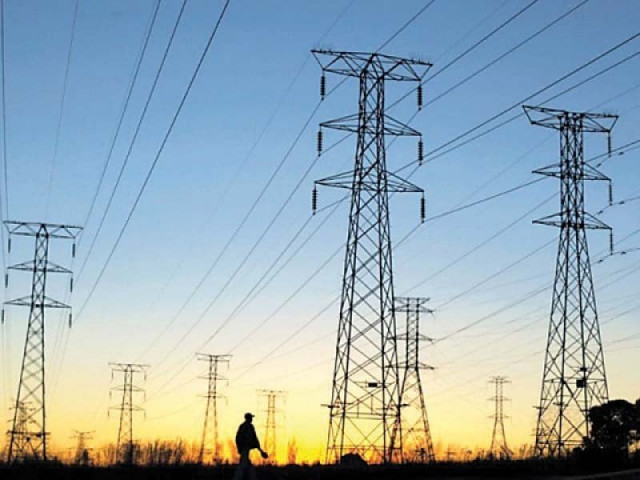Another power tariff hike on cards
DISCOs ask NEPRA to allow them to collect Rs17.19b from consumers

In another unfortunate news for the inflation-hit people, distribution companies (DISCOs) have sought permission from the regulator to collect around Rs17.19 billion from consumers.
They have filed an application with the National Electric Power Regulatory Authority (Nepra) for the second quarter adjustments of the current financial year.
The regulator would conduct a hearing on the application on February 22.
The Lahore Electric Supply Company (Lesco) has applied for permission to collect Rs6.34 billion from its consumers.
Similarly, the Gujranwala Electric Power Company (Gepco) wanted its customers to pay an amount of Rs6.56 billion.
The Faisalabad Electric Supply Company (Fesco) has asked the regulator to allow it to retrieve Rs4.47 billion from its consumers.
The Narowal Electric Power Company (Nepco) and Islamabad Electric Supply Company (IESCO) have requested Nepra to allow them to collect Rs2.40 billion and Rs1.32 billion from their consumers, respectively.
The power regulator would decide the matter after conducting the hearing.
Last month, Nepra had approved an increase in tariff by up to Rs4.46 per unit on account of quarterly adjustment for the first quarter of financial year 2022-23.
To make matters worse, Finance Minister Ishaq Dar, while addressing a news conference a day earlier, said the government had assured the International Monetary Fund (IMF) of raising the gas tariff and petroleum levy rates to chase a much-delayed staff level agreement to revive the $6.5 billion loan programme.
The details of the prior actions were shared by Dar -- an hour after the IMF also released its press statement on the conclusion of its visit to Pakistan.
The IMF statement indicated that Pakistan would have to take all the needed measures before a staff-level agreement could be reached.
“Pakistan has agreed to implement the prior actions, which include imposing taxes amounting to Rs170 billion,” said the finance minister.
He added that the government had tried its best that the common man was not overburdened by the measures.
To a question, the minister replied that increasing the GST rate to 18% was part of the taxes – a measure that was highly inflationary and would hurt poor people more than the rich.
Responding to another query, Dar said the Rs170 billion taxes would be collected during the remainder period of the current fiscal year.
The trend of rising prices of essential items continued in the outgoing week as the rate of inflation has increased by 0.17%, while the hike on an annual basis has reached 34.83%.
According to the weekly figures released by the Pakistan Bureau of Statistics (PBS), during the week ending on February 9, 2023, a total of 29 essential commodities became expensive in the country, five became cheaper, while the prices of 17 remained unchanged


















COMMENTS
Comments are moderated and generally will be posted if they are on-topic and not abusive.
For more information, please see our Comments FAQ